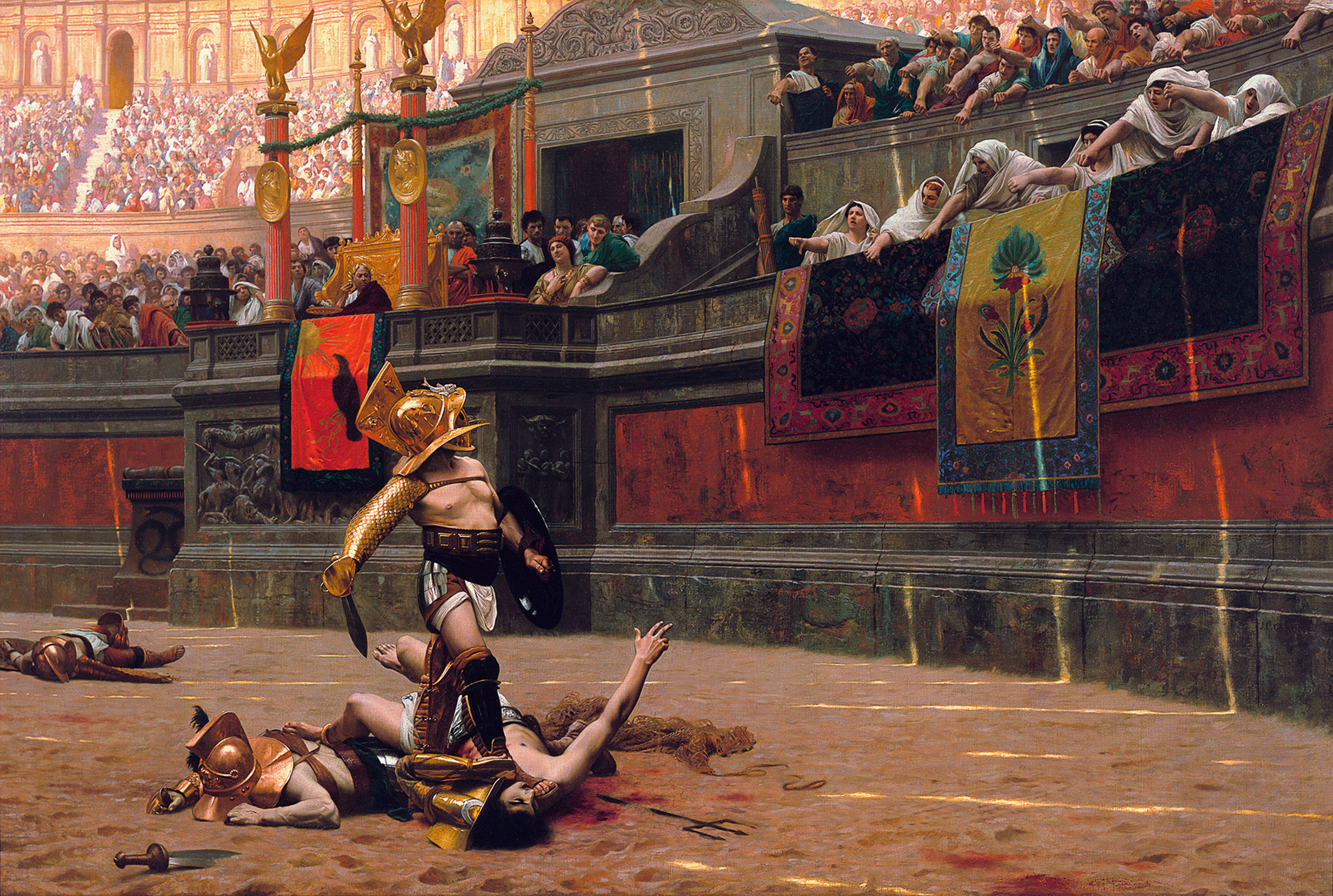The city of Oaxaca has a peculiar rivalry going on. With both Benito Juárez and Porfirio Diaz being greater then life figures of Mexican politics and both growing up in Oaxaca a certain balance can be seen in the city.

Juarez could be seen as the champion of the poor, the unrepresented, those who fight against the church, which has undeniably been a colonizing force in Mexico. Liberalism, leftism, workers rights and the struggle against the church are all championed by Juárez who happened to be the first indigenous president of the Americas. As a side note, the second one was only very recently Evo in Bolivia.
Porfirio Diaz represents a very different group of people. The rich, the religious, those of conservative nature who believe in greater control by the state. Order and progress, that’s how Mexico became very wealthy under Diaz. The rich were thrilled, they became even richer at the expense of making the poor more miserable. The poor became even more oppressed and persecuted by a mestizo president who always whitened his skin. The talented general ultimately represent one of the best times in Mexican history to be wealthy; the Golden Age of el Porfiriato
Oaxaca doesn’t like Diaz. This is abundantly clear by the number of monuments, streets, businesses and everything else named after Juarez. Naturally the house of Juarez became a museum, the house of Diaz is conveniently neglected.

In Mexico you will roughly meet two types of people, the Juaristas, and the Porfiristas. The above description should aide you at assuming who will be what.
There was one important trait both presidents shared; they were both patriots who fought for the sovereignty of Mexico. Albeit, fought by different means. During the second French invasion of Mexico, Juarez was president and Diaz was one of the up and coming generals of the army. Juarez did not surrender to the French and kept some sort of government-in-run, mostly fleeing to the northern part of Mexico. Meanwhile Diaz delivered many of the decisive battles that defeated the French and their allies.

There are two things I always remember about Diaz, one is his very famous saying:
Pobre de México, tan lejos de Dios y tan cerca de los Estados Unidos.
Roughly translated to: Poor Mexico, so far from God yet so close from the USA. This needs little explaining.
The second is a story of Diaz’s exile in France. When visiting the French army museum at Les Invalides the curator took him to the tomb of Napoleon and handed him his sword. To this honor Diaz said “I am not worthy of handling Napoleon’s sword”, the curator replied: “It has never been in more worthy hands”. Diaz’ grave is at Montparnasse in Paris.
